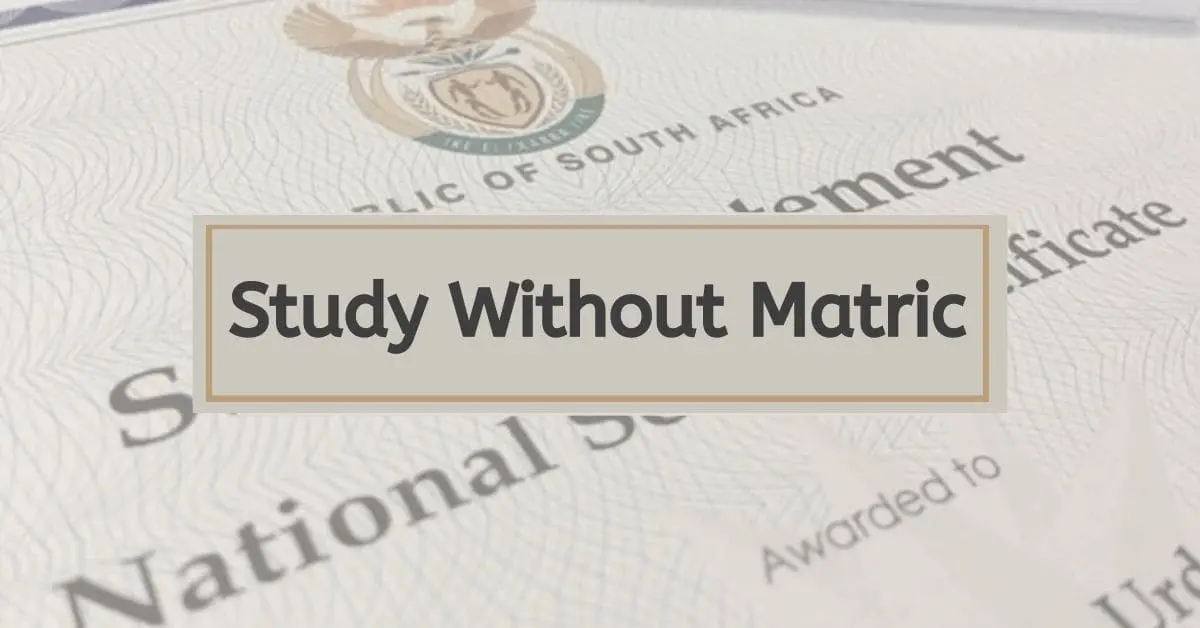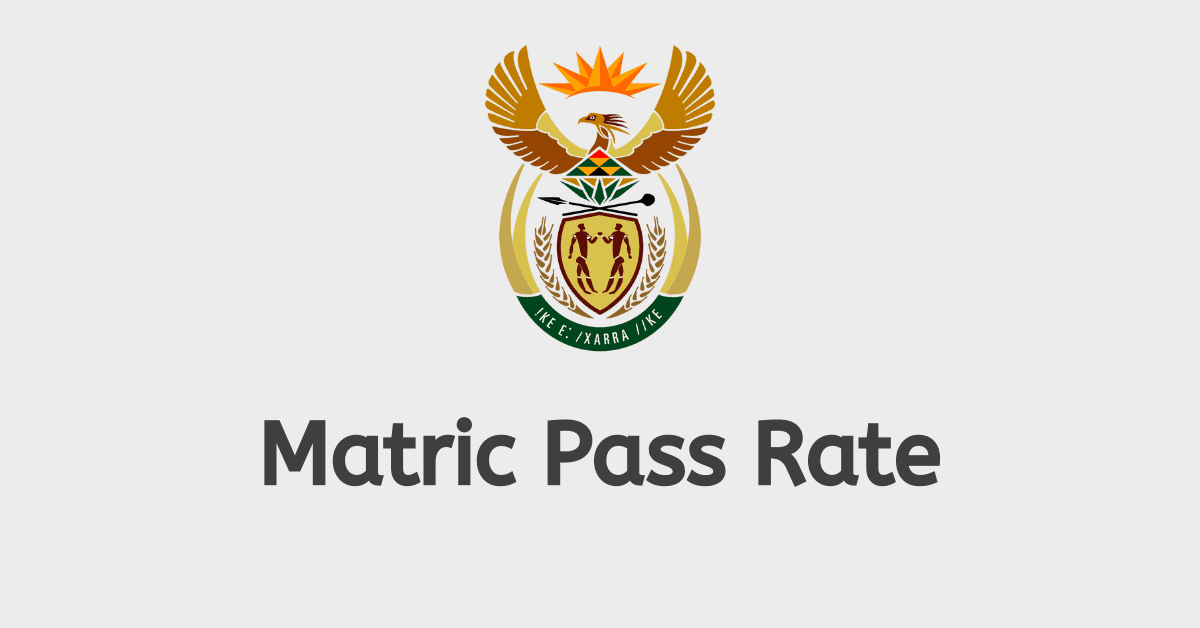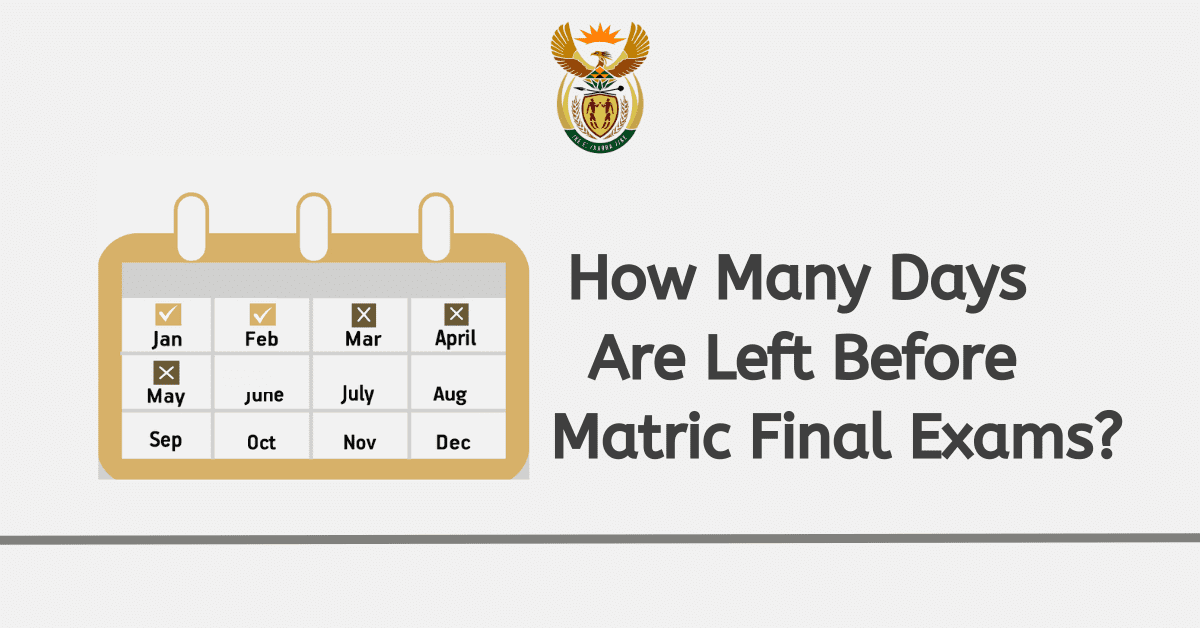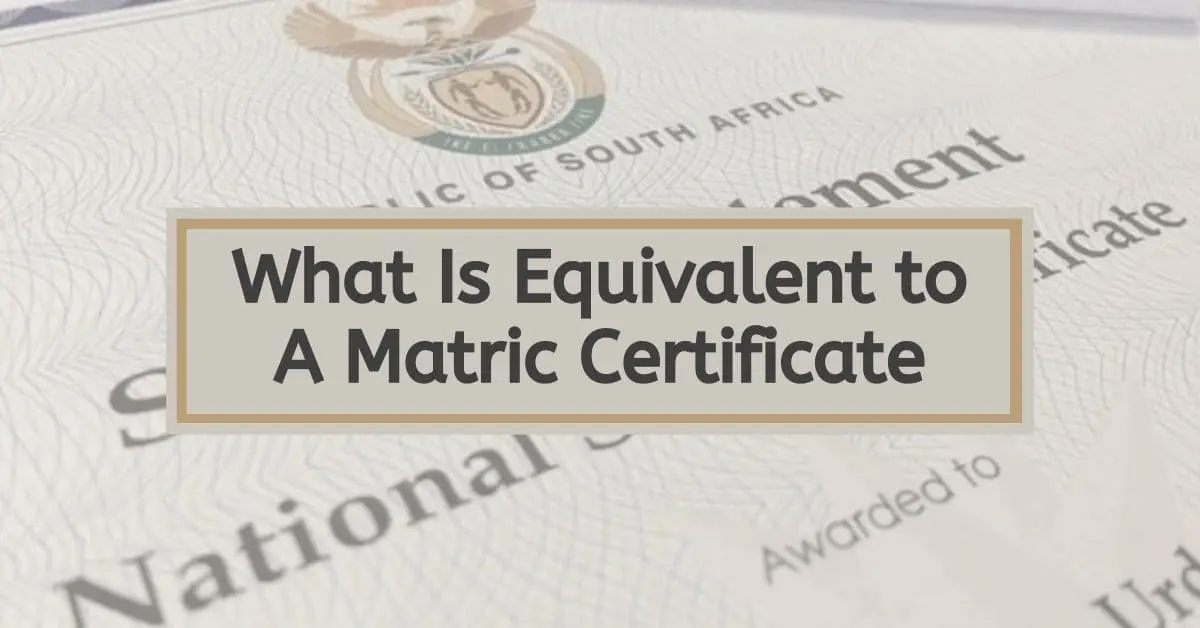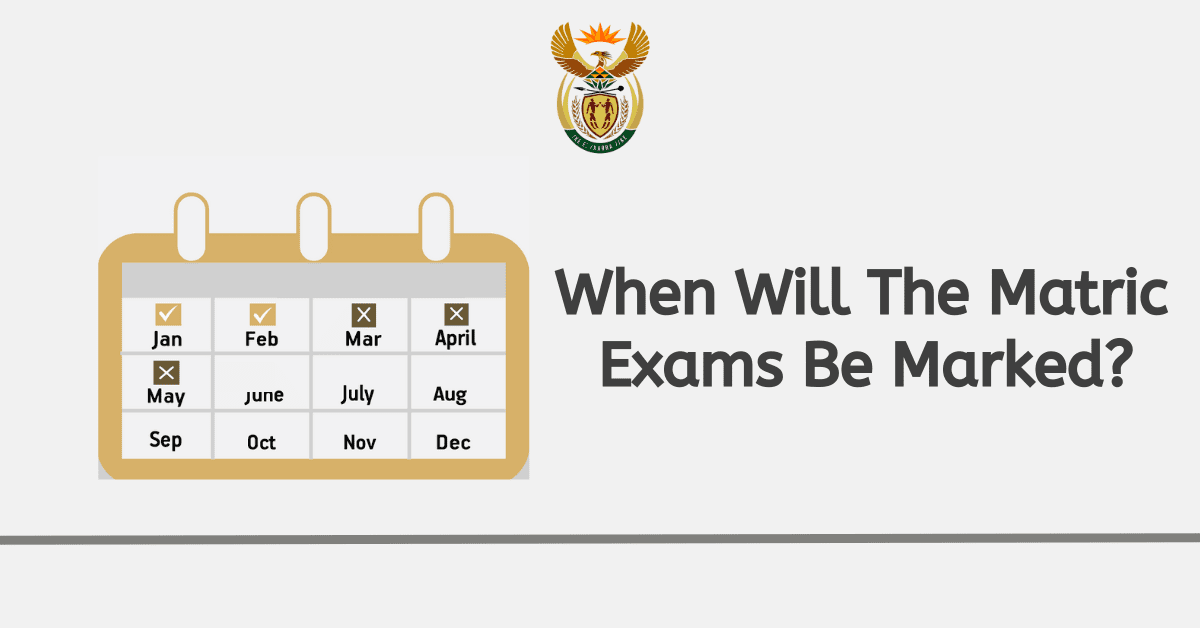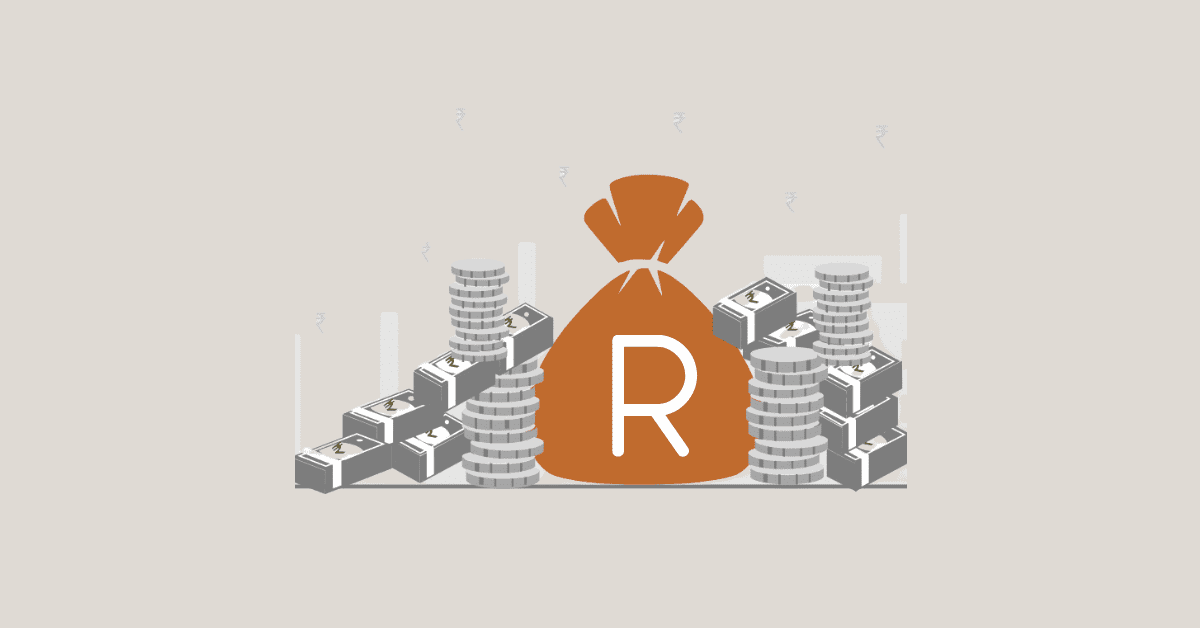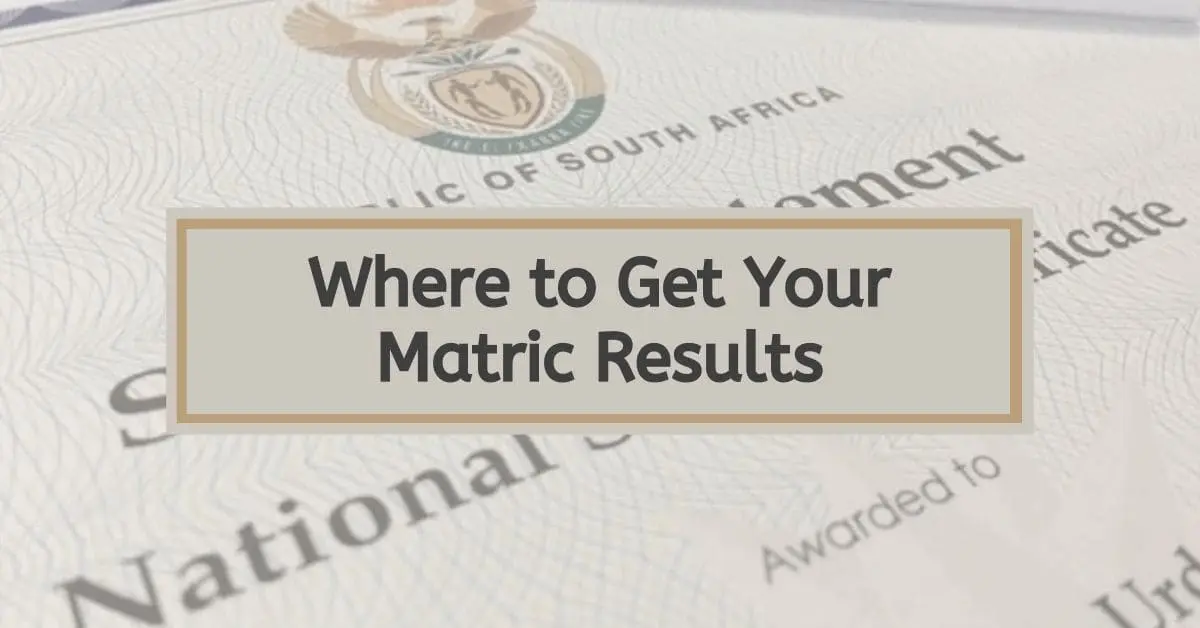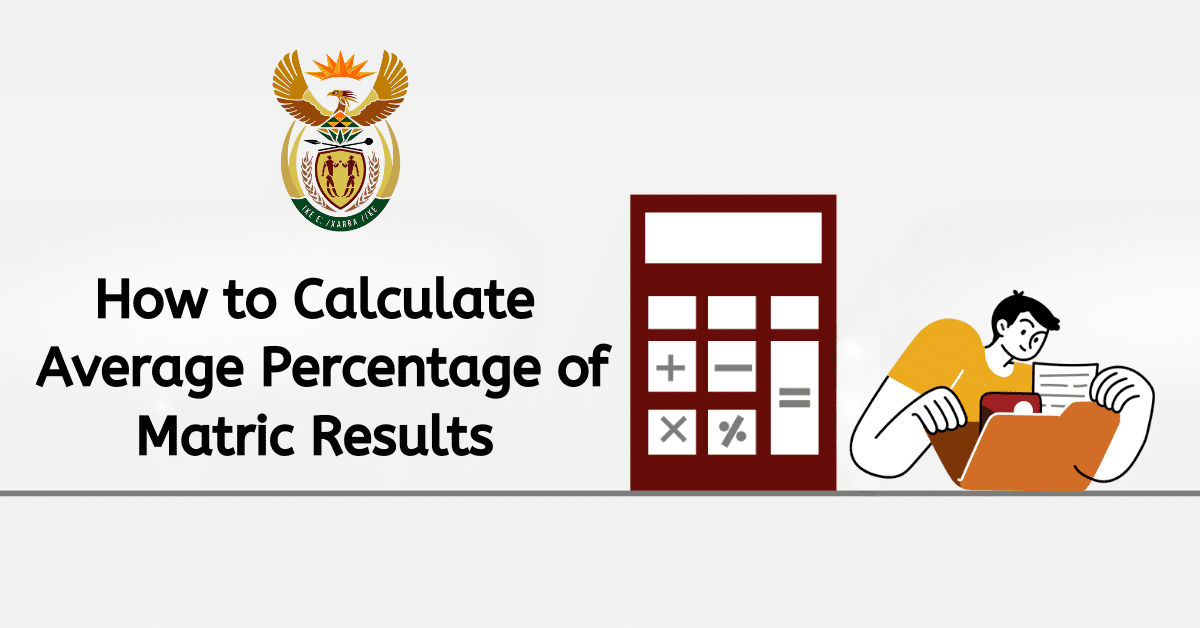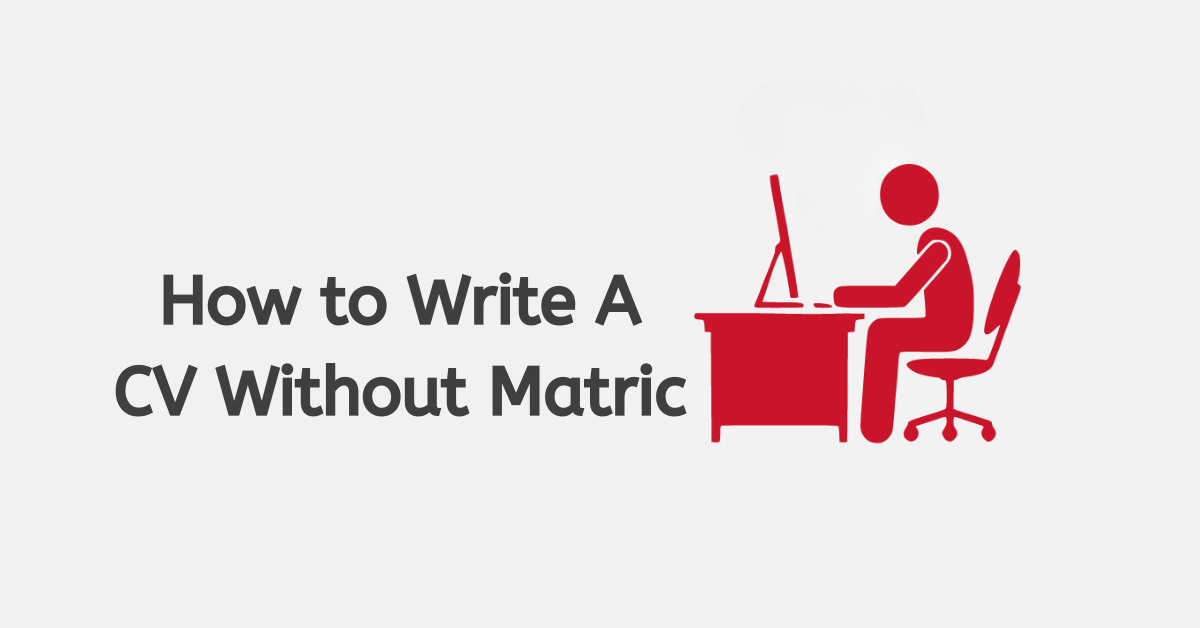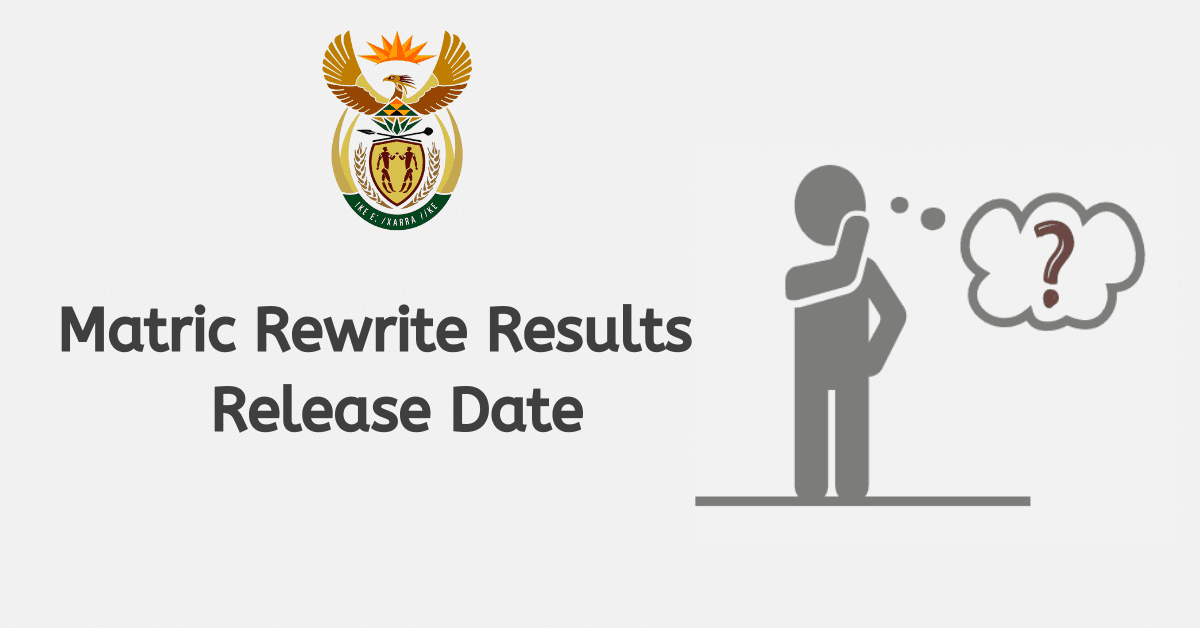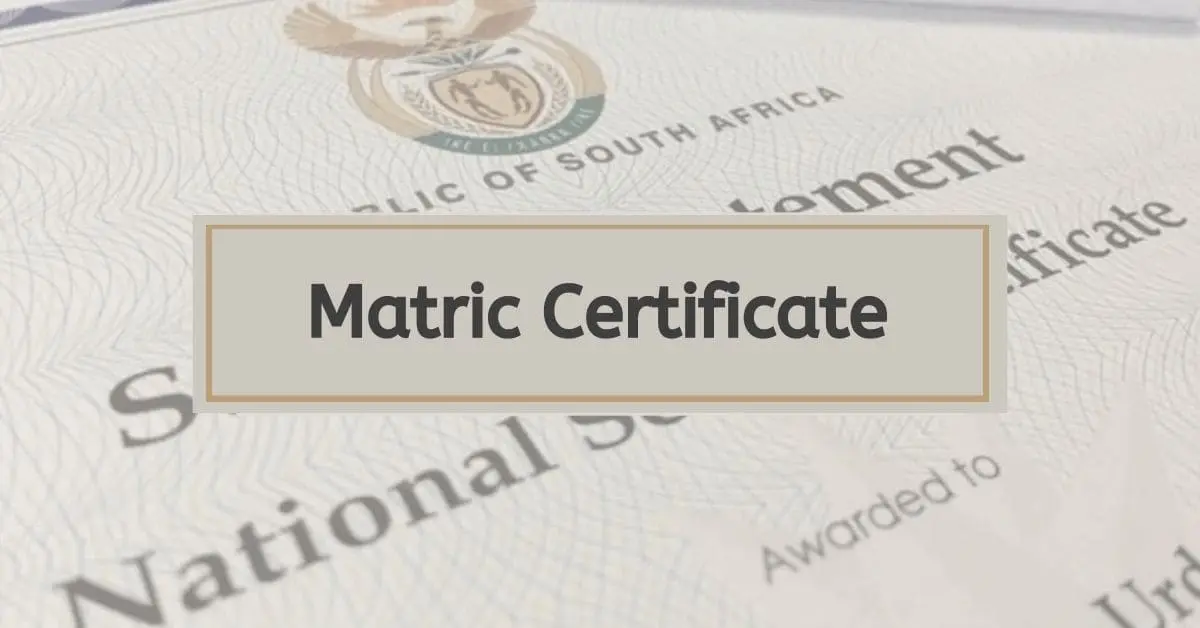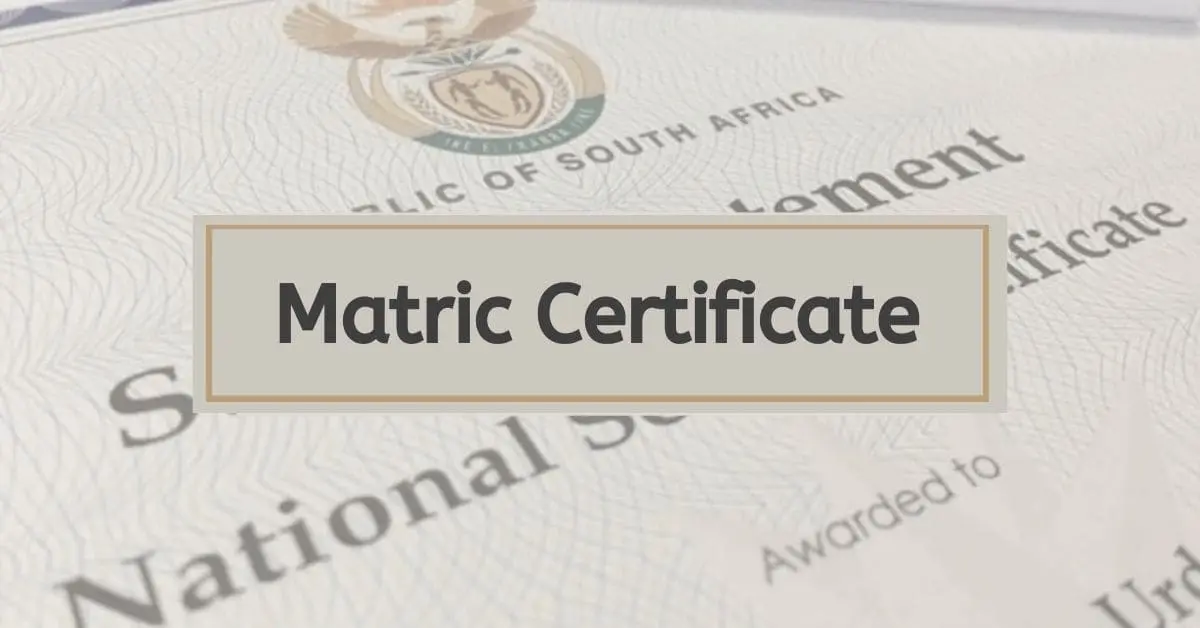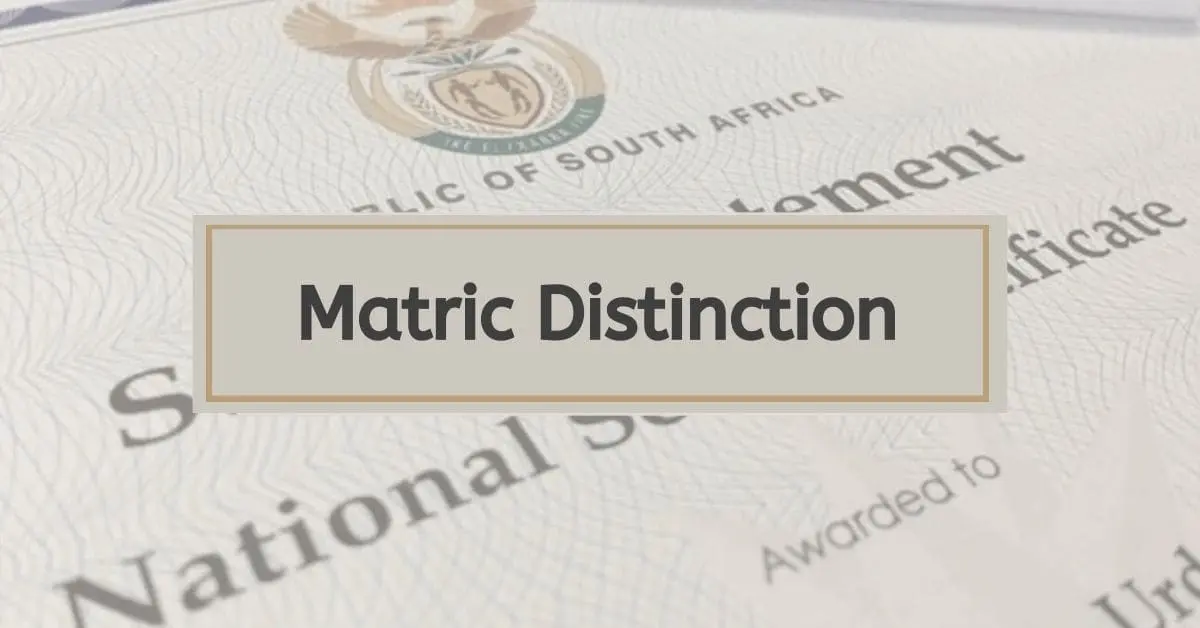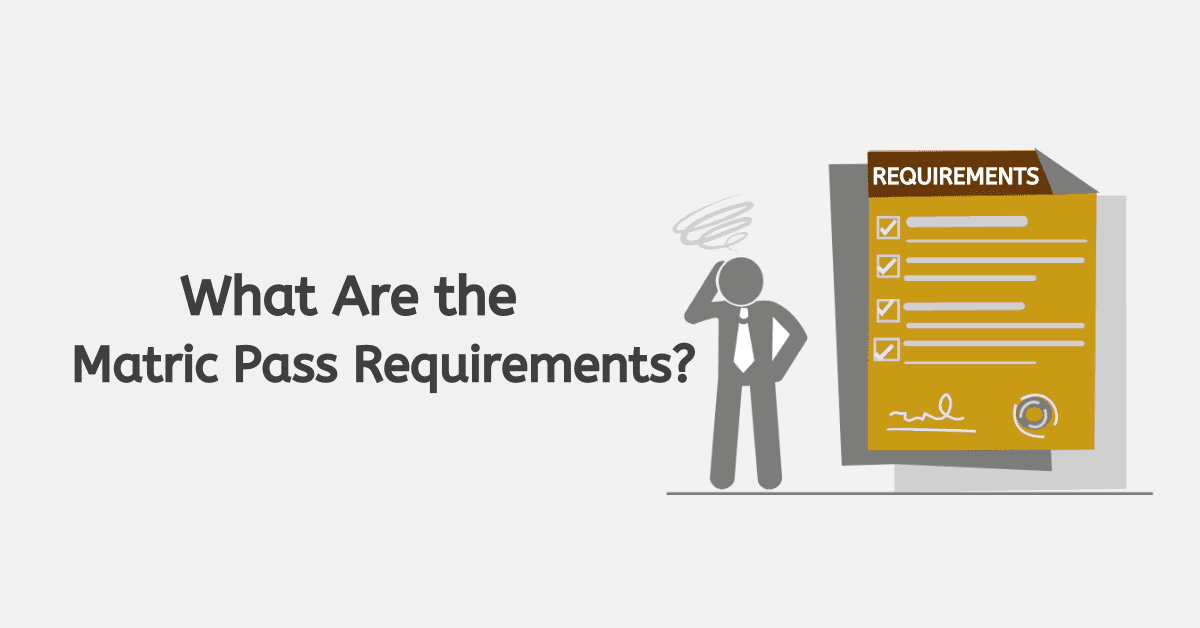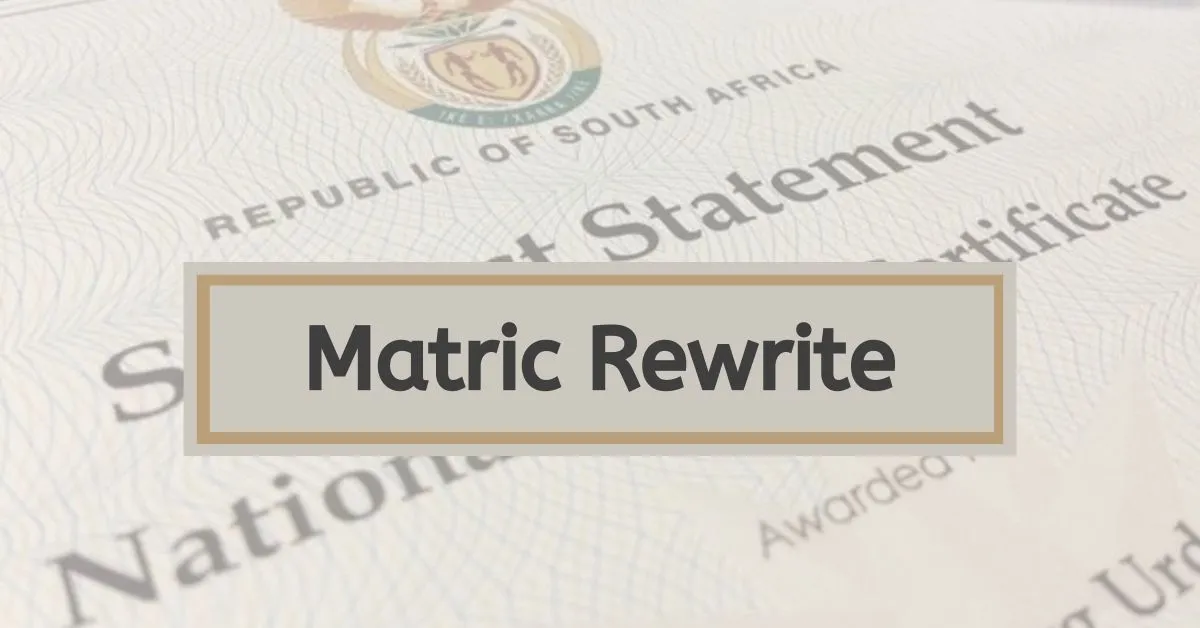We have looked in-depth in previous articles at the various types of matric passes you can achieve and what they mean for your academic and vocational hopes. However, there is also the matric exemption procedure to consider. This is another way in which you can make the qualifications you do have work for you and enter the tertiary education system. Here’s everything you need to know about a matric exemption
What Is An Exemption In Matric?
A matric exemption in South Africa refers to two situations:
- Learners who have a matric certificate from the Education Board who did not meet the requirements laid out to enter a specific academic program but have subsequent circumstances (certificates, job qualifications, age and experience) that make them ‘improved’ enough to count for a university exemption, or
- Learners who have a ‘matric-equivalent’ school leaving qualification from a different education board and who want to attend a South African tertiary education facility.
In these cases, a matric exemption certificate can be issued to allow you to continue in the program of your choice. Put another way, a matric exemption allows the Department of Education and your academic institution of choice to evaluate the school-leaving certification you have, decide if it matches the standard matric benchmarks for your program, and allow you to proceed into the program without needing to re-complete your school leaver’s matric.
Who Qualifies For Matric Exemption?
You will qualify for a matric exemption if you have a non-endorsed senior certificate that wasn’t issued through leaving school with the standard matric qualification or an adult matric program. You will also qualify if you have a foreign or otherwise non-standard matric-equivalent qualification.
How Do I Get A Matric Exemption?
To get a matric exemption, you must have a matric-equivalent academic certificate. You cannot, for example, fail the national matric certificate and apply for an exemption. If this is your circumstance, you will need the following:
- An M30 application form for the year you are applying. These can be received from the academic institution you are hoping to attend and are often available for download online.
- A certified ID or passport copy. Do note that these must be correctly certified by the registrar of the university, or an employee designated to do so at the university. Commissioners of Oaths and Police Officers cannot certify documents for these purposes.
- Certified copies of your school-leaving certificate, equivalent diploma, etc, and any other relevant documents. This includes SAT certificates, tertiary study transcripts, and so on. Again, these must be correctly certified.
- Proof of payment of the fee.
You can apply for a matric exemption through the institution with which you hope to study, or directly to the Matriculation Board of South Africa. Once you have received an application number for your matric exemption application, you should share this with your academic institution so you can begin the registration process.
How Much Is Matric Exemption?
You will need to pay a non-refundable fee to the Matriculation Board of South Africa to receive a matric exemption certificate. Currently, this is set at R700. The fees are adjusted from time to time, so you should check this requirement with either the Matriculation Board or your academic institution before submitting your matric exemption application.
How Long Does It Take To Get Matric Exemption?
It will take at least 6 to 8 weeks to receive a matric exemption once you apply for it. It can take considerably longer, as the Matriculation Board receives a lot of these applications each year. With this in mind, you should be sure to apply as early as possible to your academic institution and the Matriculation Board. Once you receive your application number, you should also share this with the institution, as most places will give you provisional acceptance while you wait for the formal documents to be processed.
Matric exemptions allow many worthy candidates who have taken a non-traditional educational path to enter tertiary education at universities in South Africa. It is typically used to ‘convert’ foreign matric-equivalent qualifications, such as the UK-based GCSE (O and A-level) certificates, to a relevant matric pass. However, matric exceptions are also used by candidates who, for example, left school with a non-Bachelor’s Degree matric pass, but subsequently obtained NQF and NQF-equivalent tertiary education diplomas or certificates that give them the correct standing to continue at a university.
If you need to apply for a matric exemption certificate, it is important to do it as early as possible so as not to interrupt your application for acceptance with your university program of choice. For further details, you can speak with the admissions office at the university you are applying to, or contact the Matriculation Board of South Africa directly for specific guidance on your circumstances. Luckily, no one is going to send worthy candidates ‘back to school’ just to obtain a standard matric pass- you can use the qualifications you already have to establish if you qualify for the program.
